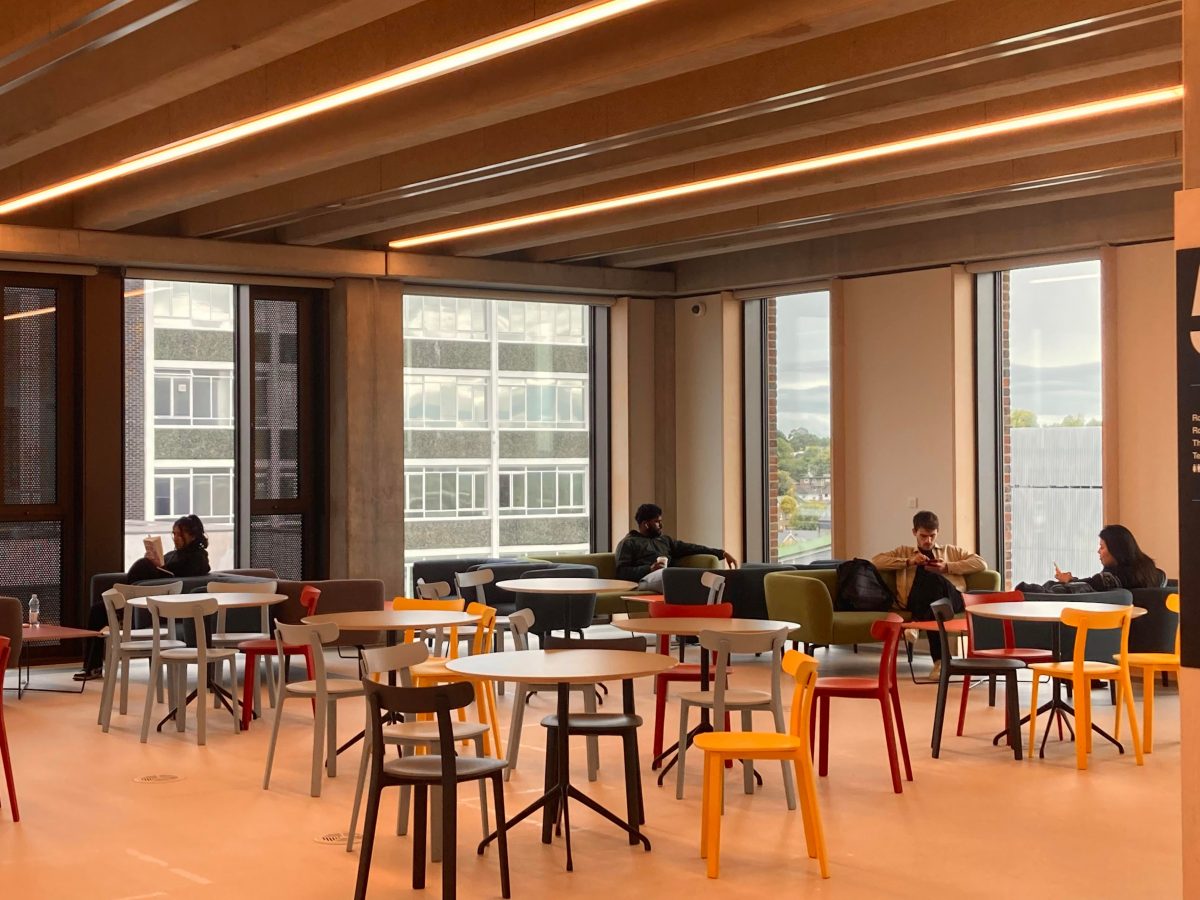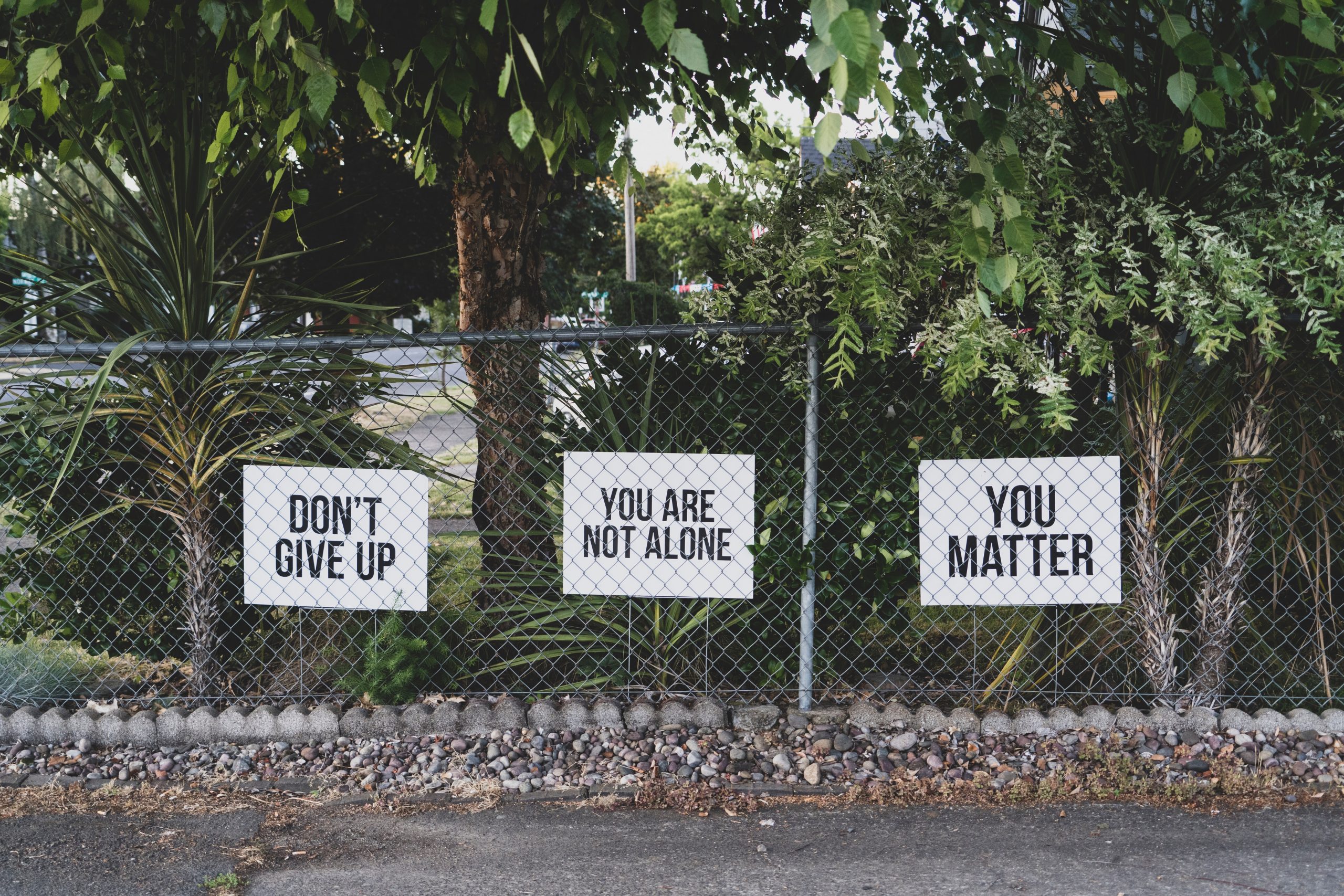For new students, starting university can be exciting, offering new beginnings and new opportunities.
However it can be overwhelming and it’s not uncommon to feel isolated or to struggle with your mental health.
According to Student Minds, a charity that campaigns for more student mental health support in the UK, 1 in 4 students face mental health issues each year at university and it’s important to prioritise your wellbeing during this time.
Support services are available at Kingston University which can be found on the Wellbeing Hub on MyKingston and the mental health and wellbeing society is also offers the opportunity to find mental health management tips and activities.
What tips do former students have?
Patrick Joseph is a former KU student union officer and an aerospace engineering graduate. He said:“Pacing yourself is key, focus on things at a rate you feel comfortable with and resist the urge to compete with your peers.”
Joseph said that for him, it was important to find a good balance between his studying and his life outside of his studies. For him, this helped him to prioritise things and avoid too much pressure.

Joseph added: “The last thing I’d say is that it’s okay if you don’t enjoy some forms of socialising and don’t want to participate.
“Some students may need more time to themselves doing things they enjoy and other may prefer going out and focusing on socialising.”
On the other hand Prasadini Thirumaran, an English literature graduate from Kingston suggested the benefit of talking to people: “It’s always important to communicate how you feel with those around you, as this will help you get the right support.”
She explained that joining societies is very helpful in supporting students to settle in to life at university, as well as spending time with friends.
“Spending time with friends instead of spending all of your time studying which can be counterproductive and leave you feeling stressed and isolated,” she said.
Illaria Ferrari is a Kingston Graduate who studied international relations with French at Kingston and spent a lot of time working with the Amnesty international society stressed the importance of doing what you are comfortable with.
“I think that during your first year, there is a lot of pressure to go on nights out and to drink a lot. Some people like it and some people don’t. if you don’t, you don’t need to feel pressure to join in.
“There are plenty of other options for you, I enjoyed societies and meeting with friends to cook together in our accommodation”.
Ferrari said that forcing yourself to do things that you don’t enjoy in order to feel validated by others may mean you don’t enjoy your student life at all and could put your mental health at risk.

Self-care advice
Daniel Lake an expert from the UK health organization Core Prescribing Solutions gave his advice to students: “Mental health during your student years can be a real challenge and it’s important to realise that sometimes prioritising our physical health can benefit us mentally.”
His advice starts with getting a good night’s sleep. “Lack of sleep can severely affect your mood, performance and wellbeing. If you are struggling to sleep, it’s important to reach out to your healthcare practitioner, so they can support you.”
Lake also recommends exercise as being beneficial for your mental health and a great way to socialise: “Even light exercise like yoga or walking is very helpful.”
Eating well can also help: “During your studies you need to be fueled in order to cope with workload and maintain your health. A balanced diet is key,” He said.
Last but not least he recommends trying to reduce stress levels.
“A great tip to help reduce stress levels and regain focus is meditation, it can benefit students who are struggling to switch off or dealing with personal issues.”
If you have concerns for your health contact your GP for advice. If you are struggling with your mental health and need to talk to someone you can also call The Samaritans free on 116 123.

